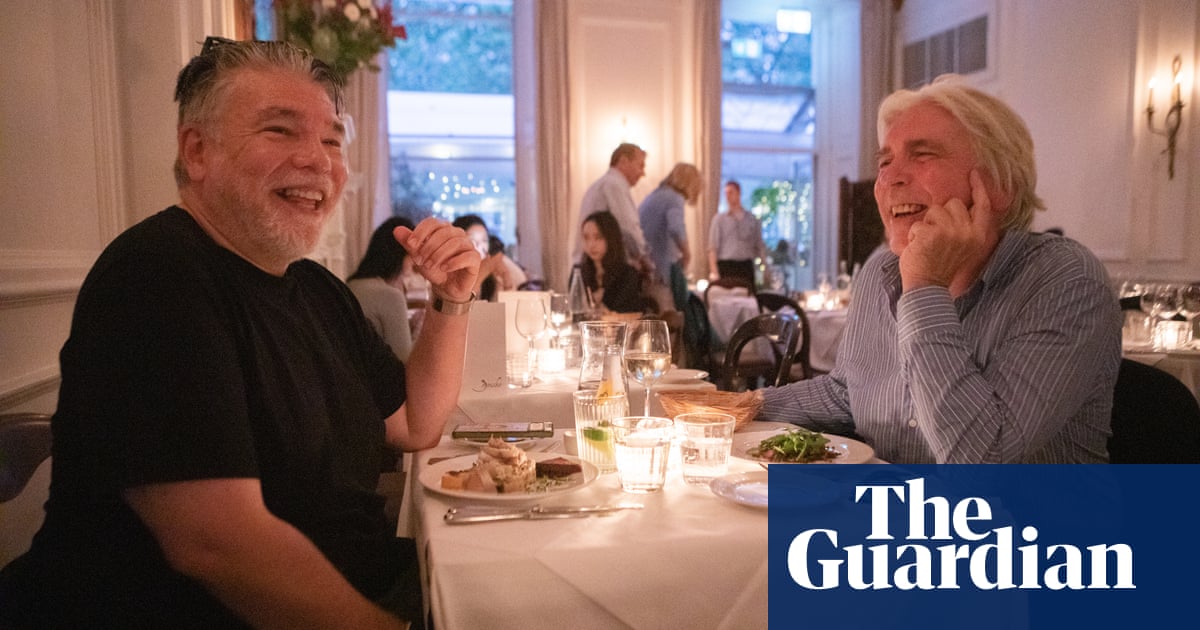
lmost 30 years ago, I sat with my parents in front of the television and watched one of the last mass actions that marked the end of state socialism in Europe: the toppling of the statue of Enver Hoxha, the historic leader of the Albanian Communist party. Transfixed by the live images of tens of thousands of people taking turns to pull ropes, I saw the gigantic bronze figure of a man whose portrait still adorned my school walls tilt slightly left and then right, before losing its balance and collapsing to the ground. The statue was dragged into the main square of the capital Tirana, followed by chants of “Freedom”, “Democracy”, and “The police are with us”.
The police were indeed with the protesters, but not out of sympathy for their cause. The Communist party, at that point still in power, had given them orders not to intervene. During the preceding weeks of protest, high-ranking officials had realised that a system that had lost legitimacy in the eyes of the majority could no longer demand their compliance. Foreign news channels celebrated the birth of freedom in what they called the last dictatorship of Europe.
I recalled these events as I listened to Priti Patel’s remarks about the “thuggery” of “the criminal minority” who rolled the statue of the slave trader Edward Colston into Bristol’s harbour. I smiled at Keir Starmer’s sharp words lamenting the “lawlessness” of these actions and condemning them as “completely wrong”. They reminded me of state propaganda on Albanian television, how protesters were branded as “hooligans”, their actions labelled as “vandalism”.
If the differences between these two moments were the characters of these memorialised individuals, or the respective merits of their views, Edward Colston and Cecil Rhodes should have gone long before Enver Hoxha. Revisionist histories of British colonialism like to emphasise how it gave railroads to its dependent territories. Socialism, while its legacy has been contested, gave Albania roads, railways, electricity, universal suffrage, free healthcare and mass literacy. When, as a primary school student, I was first taught to sympathise with anti-apartheid struggles in South Africa, Nelson Mandela was still considered a terrorist by many liberal states.
Patel and Starmer both declared themselves in agreement with the aims of the protests but objected to their methods: the “sheer vandalism” of hooligans, as Patel crisply put it. When victims of oppression descend on the streets rather than waiting patiently to vote in elections, when they take direct action to destroy statues rather than waiting on authorities to decide, they are drawing attention not to past injustices but to its continuing legacy in the present. They are telling us that we need civil disobedience because civic reciprocity is broken.
But there are also risks involved with allowing the question of statues and monuments to dominate public debate. On the evening we watched Hoxha’s statue fall from its plinth, my family enthusiastically declared in front of the TV: “We are free!” Fast forward 30 years, and they regret their words. Albania now has political pluralism and free markets, but life expectancy and standards of literacy have declined. Young people leave in droves to find work elsewhere, while social inequality is rising. Toppling statues marked a break with the past, but made it more difficult to learn from it.
Conversations about the symbols of historic injustice make sense if they are framed as debates not about the legacy of the past, but about how that legacy still shapes the present. While colonialism is formally over, neocolonial relations pervade the current global order, from the balance of power in international institutions and trade negotiations to interference in the affairs of former colonies.
Britain may no longer engage in the slave trade, but it still exploits labour from the global periphery. It may no longer extract resources and ship them through the likes of the East India Company, but today’s most powerful corporations follow much the same model. The countries that were previously considered uncivilised are now merely “developing”. What used to be called colonial exploitation has become “migration management”. Former colonial dominions are now termed “failed states”.
The removal of the symbols of colonial violence risks becoming a pyrrhic victory if its aims are reduced to a campaign for rectifying historical injustices. Focusing only on whether statues should stay or go obscures how unjust histories are still borne by current structures. The struggle is broader than toppling offensive monuments and removing problematic traces of the past. Decolonising the curriculum in schools and universities, revisiting how history is taught and how migrants are asked to learn it when they take naturalisation tests in host states (often their former colonial masters) are equally important components of that struggle. If we scratch the surface, we may discover that since capitalism has historically relied on colonial structures to survive, it may be difficult to demand the end of one without demanding the end of the other.
That wider struggle is one that few political parties are prepared to endorse. Discussing historic symbols of violence is more straightforward than acknowledging that colonial injustice continues in the present. It becomes easier to reduce this truth to a set of platitudes about what culture is made of, and how memory must be preserved. It is easier to claim victory by simply displacing a block of stone. With the removal of statues, the past no longer haunts.
In Albania, toppling the statues has only served to give the illusion of freedom, to clean up the mess only on the surface. Statues were removed, schools and roads were renamed, Marxist books were burned. The elimination of cultural markers buried the responsibilities of hundreds of thousands of citizens on whose complicity a system relied to survive. It was simpler to condemn our history, to pretend we had all been oppressed. Concentrations of power, nepotism and violence persisted, and in a newly capitalist society they found fertile ground. But there was no alternative. By declaring ourselves victims of history, we made it impossible to be agents. And since humans had already settled accounts with their past, it became fashionable to say that, in the future, only a God could save us.
• Lea Ypi is a professor in political theory in the government department at the London School of Economics












